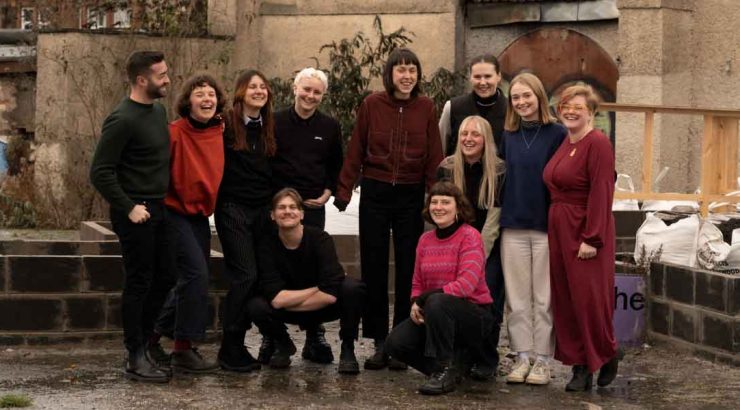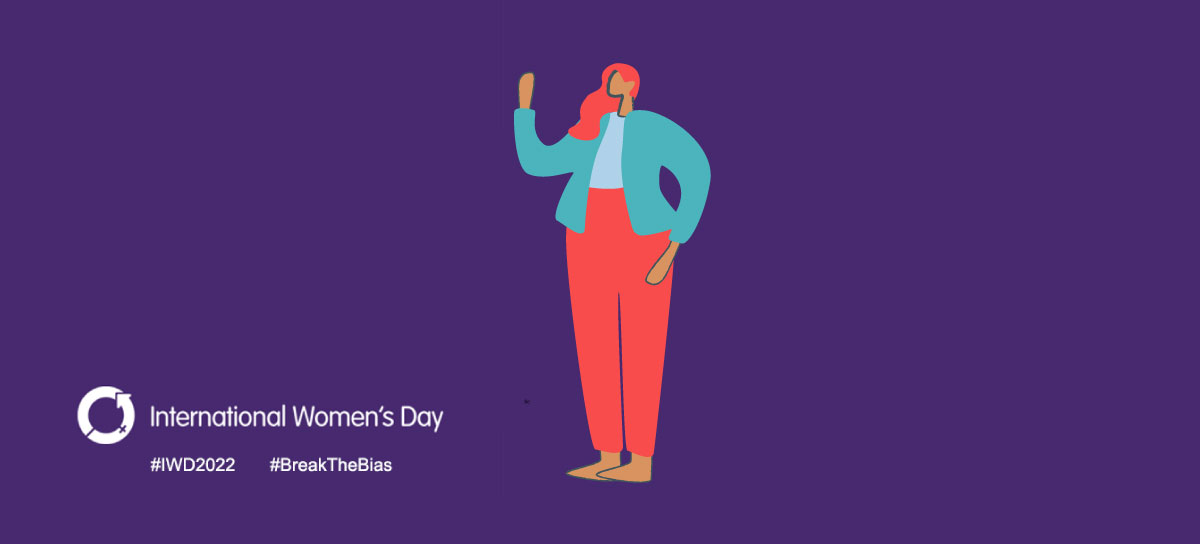This year’s International Women’s Day theme is #BreakTheBias and it’s about working towards a world free of stereotypes and discrimination that is diverse, equitable and inclusive.
I am one of the Welfare Officers at Architects Benevolent Society and I have worked for the charity for 11 years now. Below are some of my thoughts on IWD, what it means to me and some of the steps that ABS has taken towards these values.
International Women’s Day for me is part of a wider discussion about the roles of women in communities, workplaces and educational settings. This involves acknowledging the challenges that women face in their lives, questioning assumptions about roles and working towards greater and inclusively. Having an International Day however helps us all to take an honest look at ongoing challenges but also focus on achievements.
Here are just a couple of those achievements here at ABS:
Childcare grants
In the UK:
- There are around 1.8 million single parents – they make up nearly a quarter of families with dependent children (i)
- Around 90 per cent of single parents are women (iii) – From the charity Gingerbread
- 38% of women who work full-time and have a partner say they do most of the housework and childcare – just 9% of working men with partners say the same. From YouGov
Childcare grants were introduced by ABS in 2021 and aimed at any carer responsible for a child having to balance work with childcare. We don’t assume that it will be a woman providing the childcare and our childcare grants are not just available to women. However, given that women do provide the larger share of childcare in society, often at significant cost in terms of finances and career development this is financial support that should rightly be celebrated.
Assessing household income
In the UK:
- The number of people living alone has increased by 4% over the last 10 years – From Office for National Statistics
- 37% of women in couples are in charge of household budgeting, compared to just one in five men (22%)
- Nearly 4 in 10 women living with a partner (37%) reported feeling guilty when buying something for themselves – almost twice the proportion of men (21%)
As the make-up of households has changed in society (more lone parents, couples living together without children) ABS has taken a more flexible approach to the definition of a household and income availability. If a couple live together, have separate bank accounts and/or there is no legal tie (marriage or Civil Partnership) we treat them as having separate financial arrangements. This has had a positive impact on the lives of female architectural professionals in the context of the gender pay gap and most demonstrably where a grant from ABS has given greater financial independence to a woman feeling powerless in an abusive relationship.
Research (Fawcett Society) found that “despite women’s growing desire for financial autonomy, particularly younger women, and the approaches to money management they are taking to ensure financial independence from their partner, the fact remains that as a whole, women in relationships are more financially vulnerable than men are. More women than men would not be financially independent if they split up with their partner, even though they are making more of the decisions on spending. Older and low-earning women are the most vulnerable to this financial insecurity





